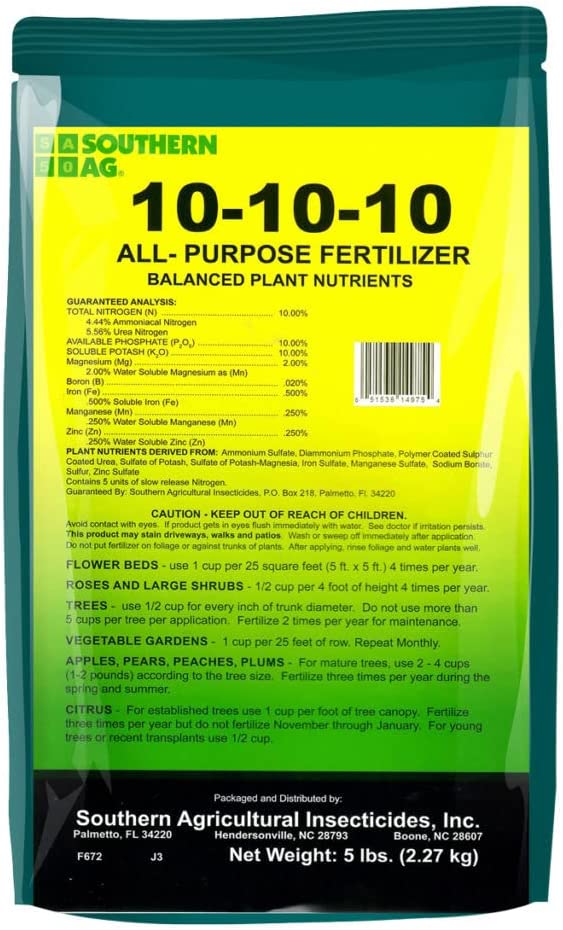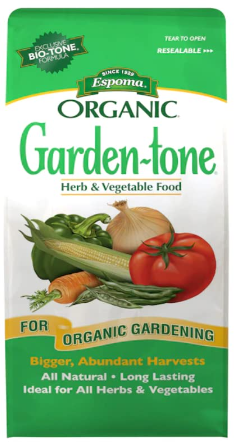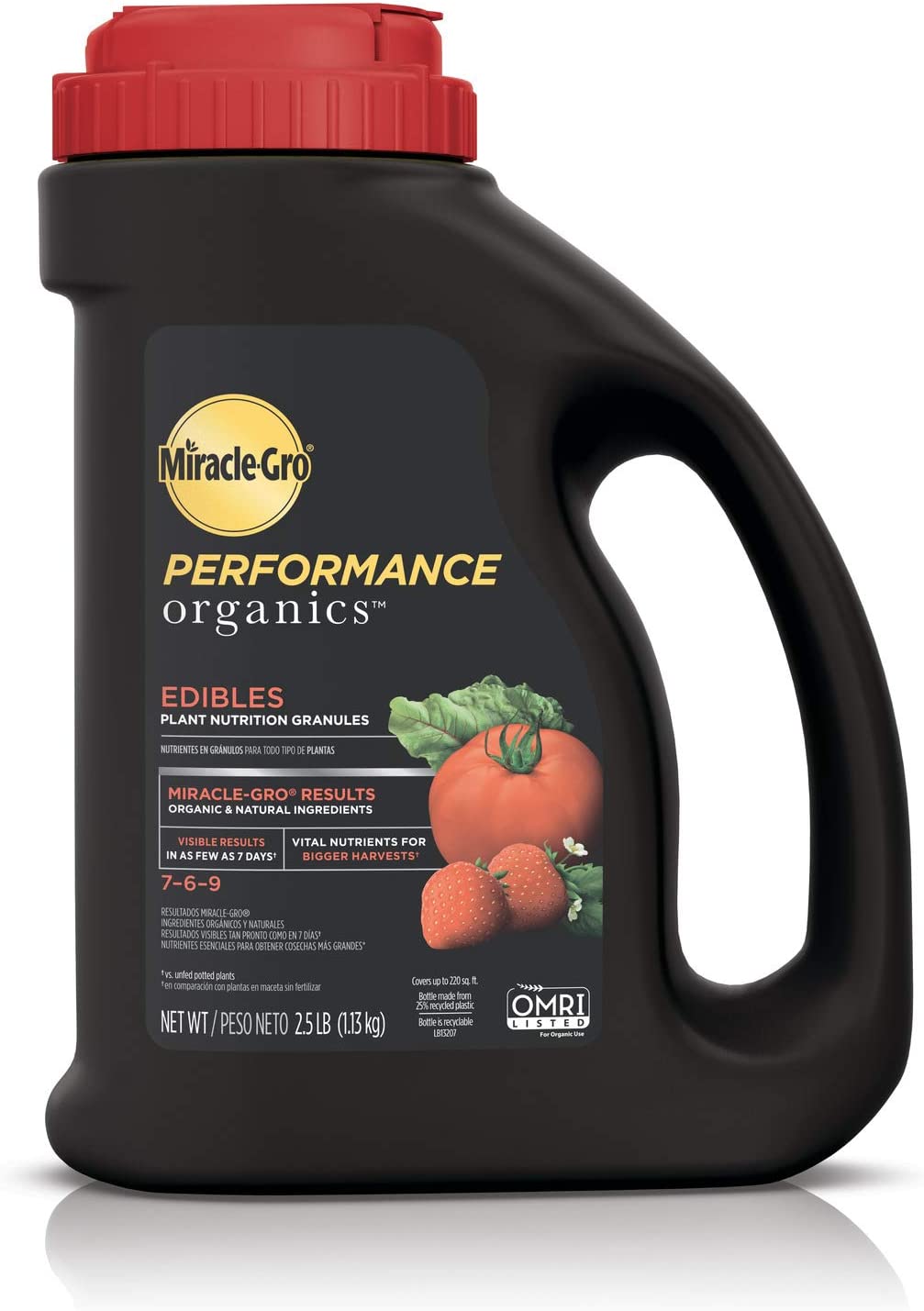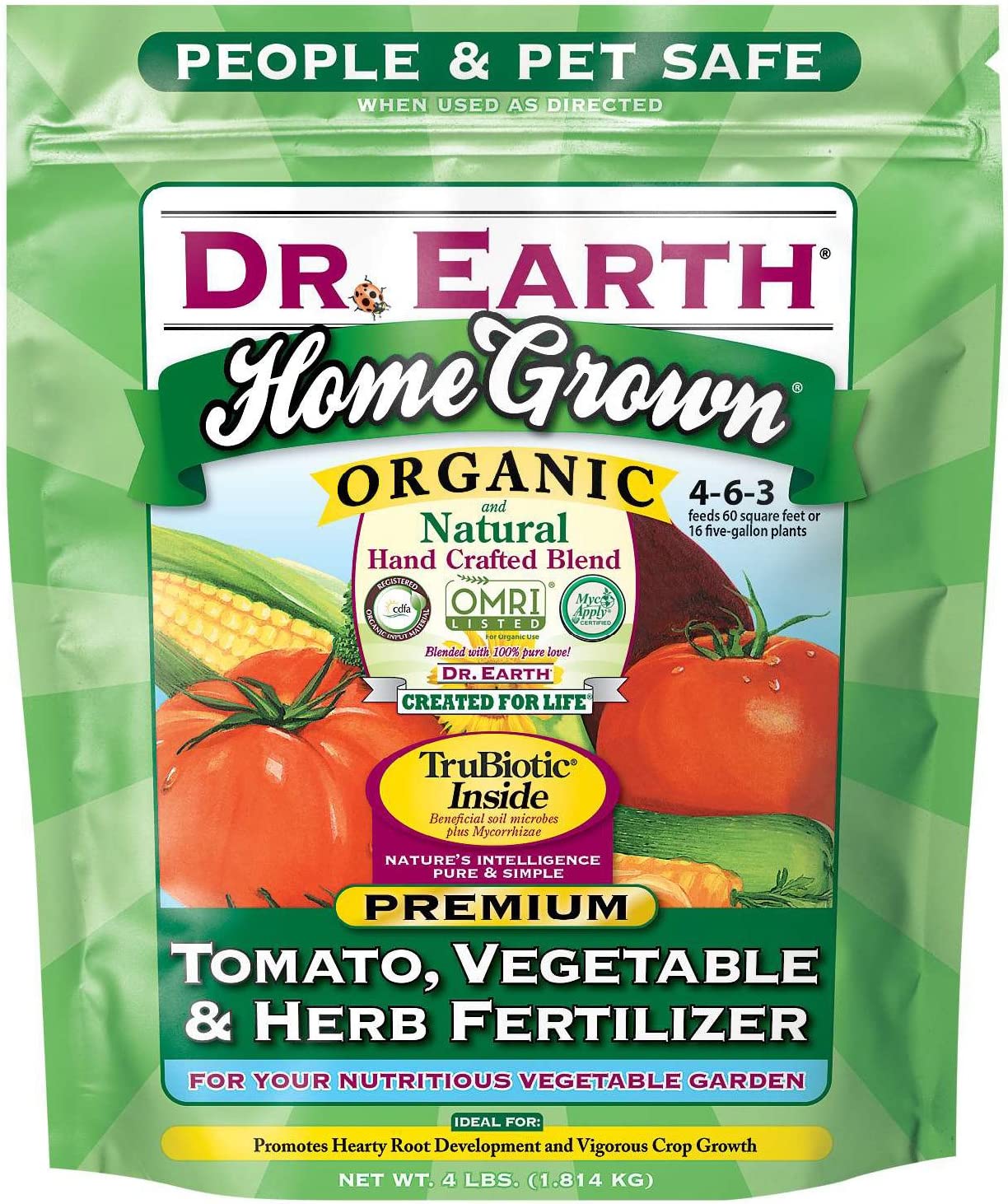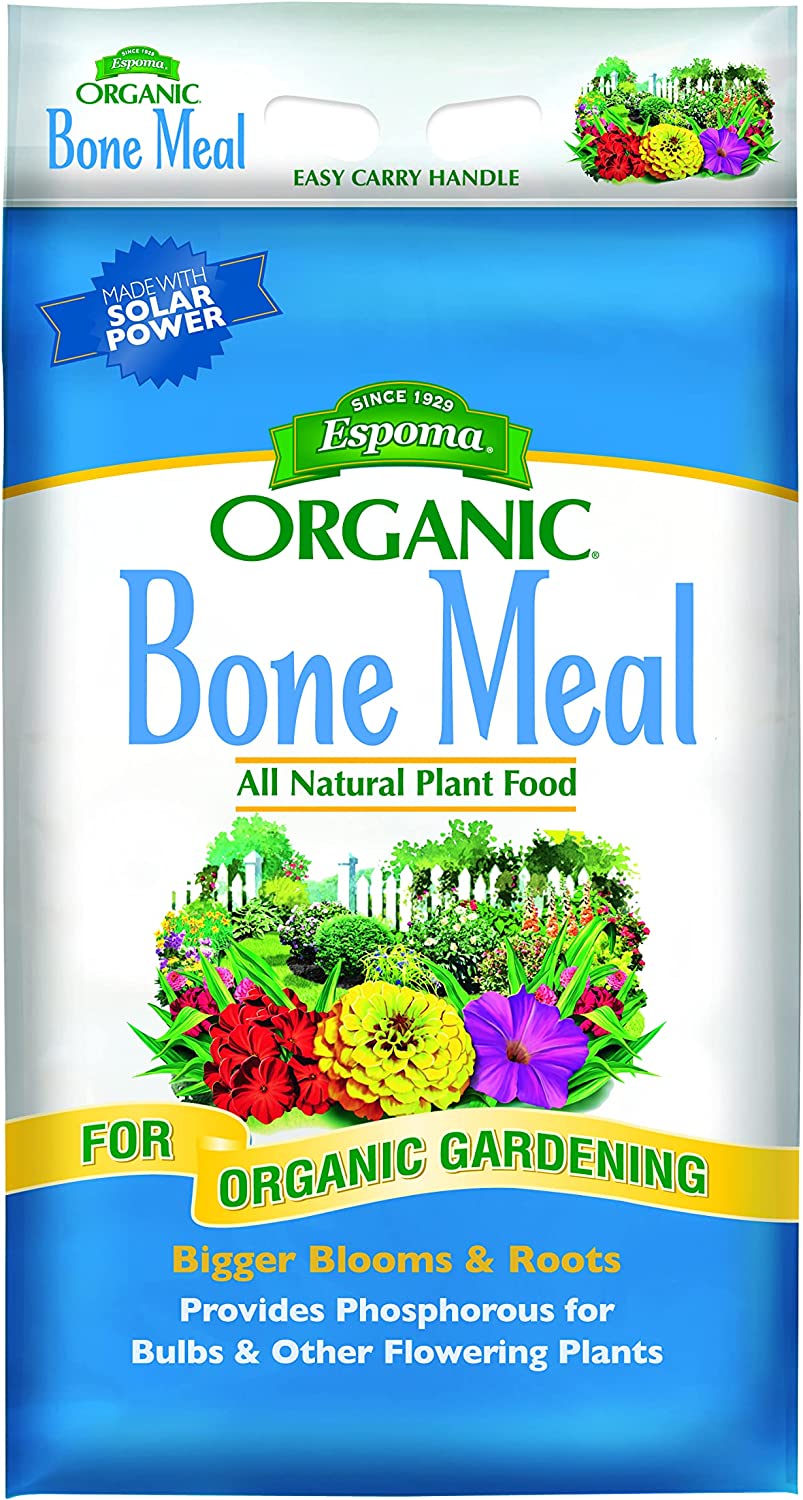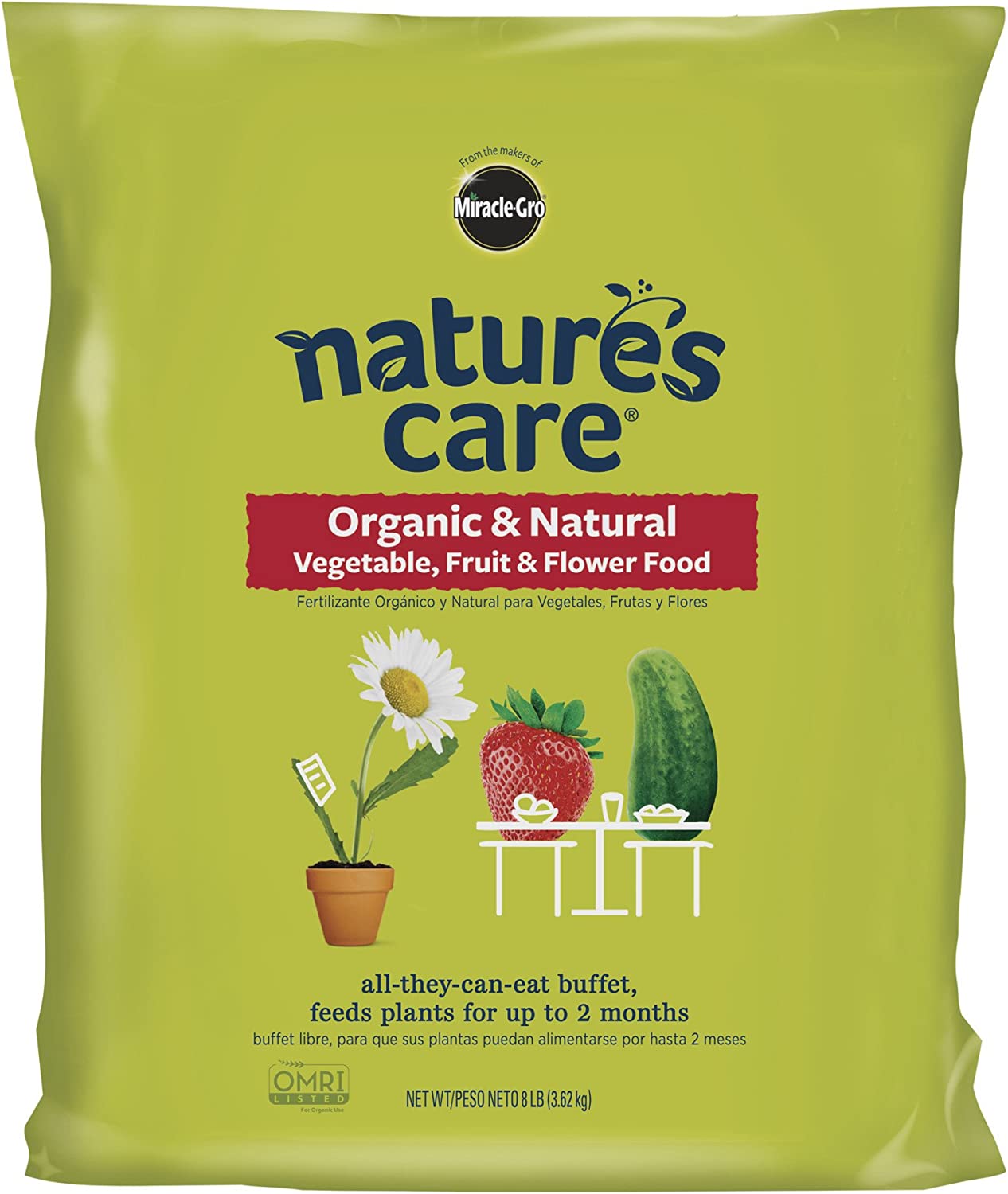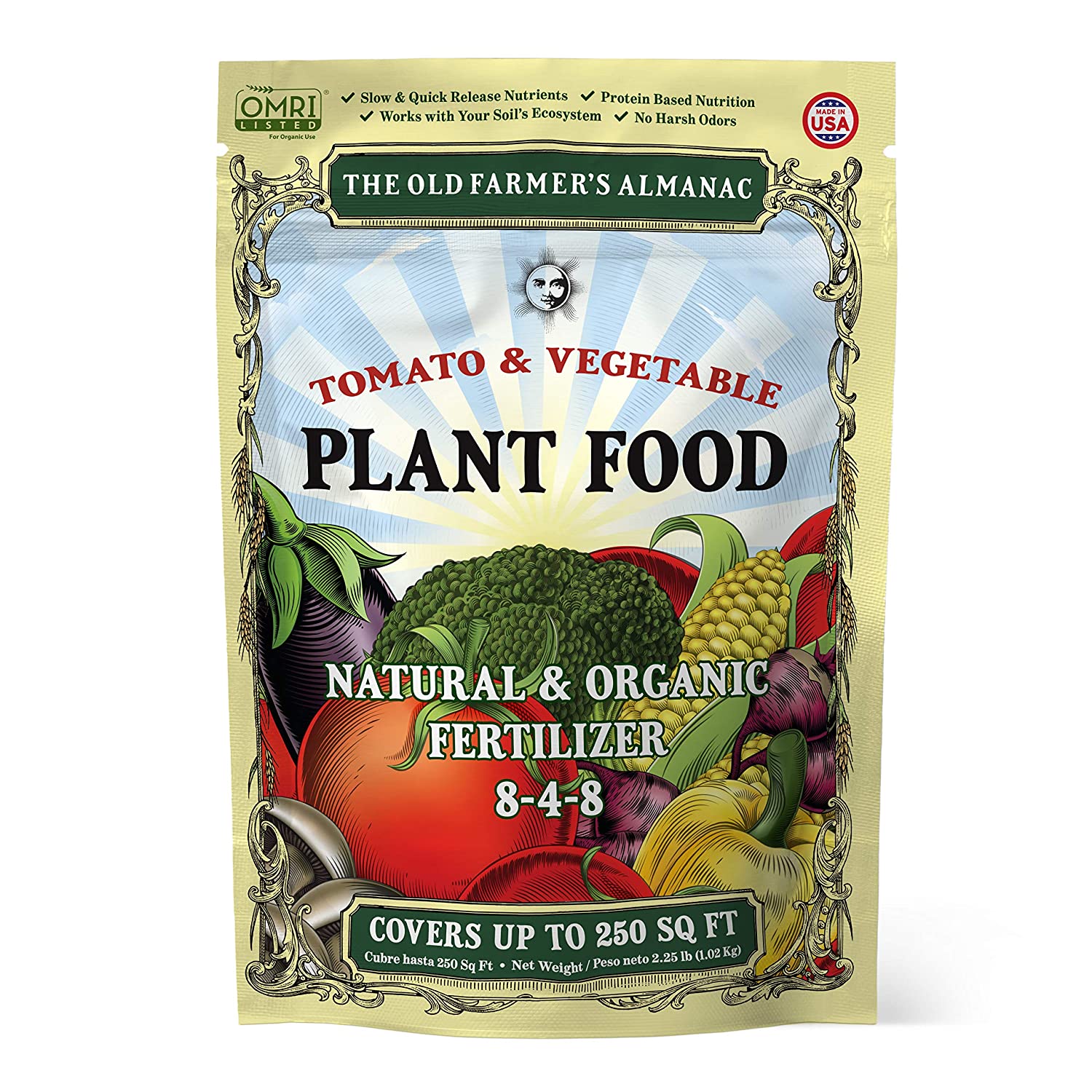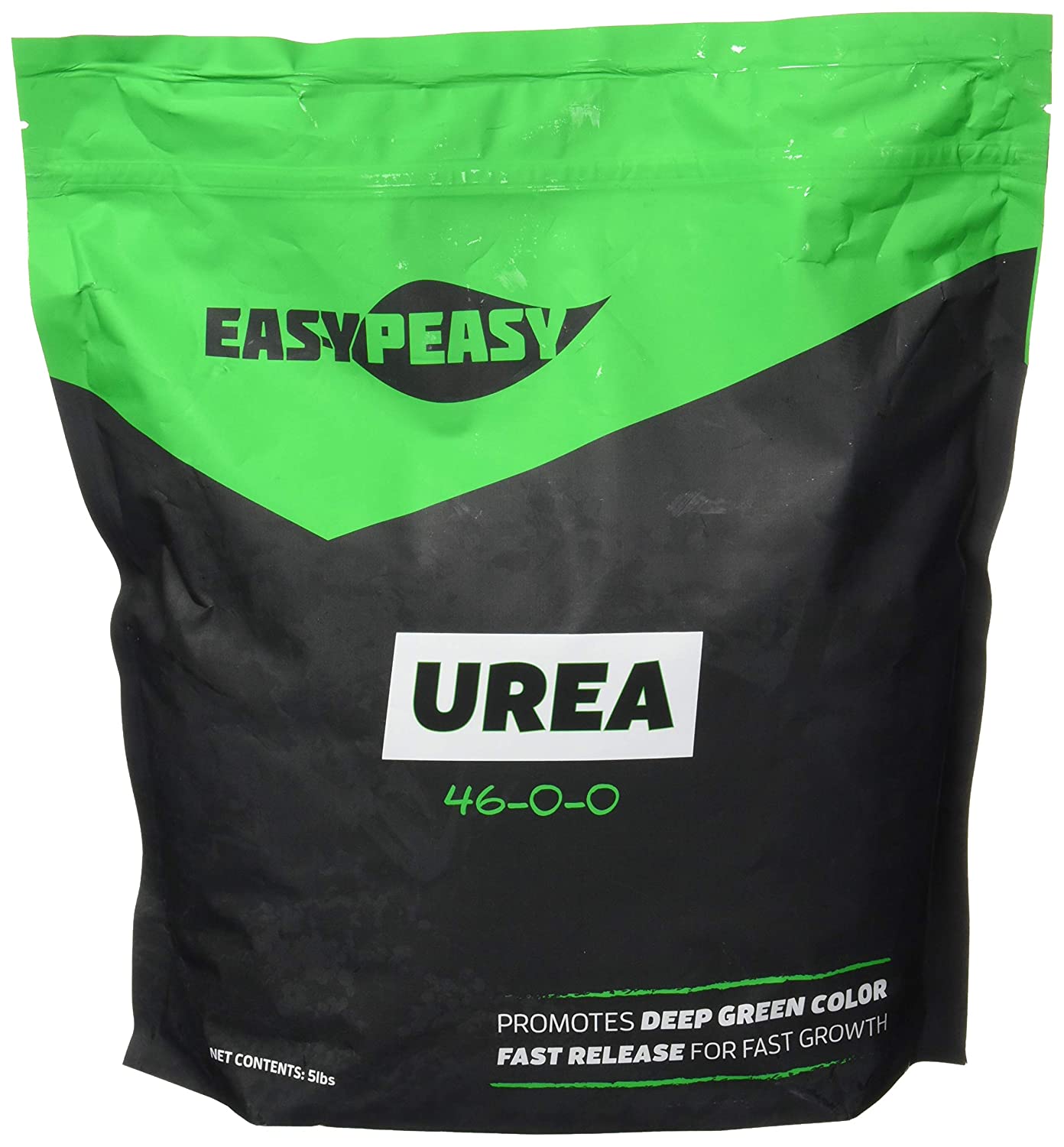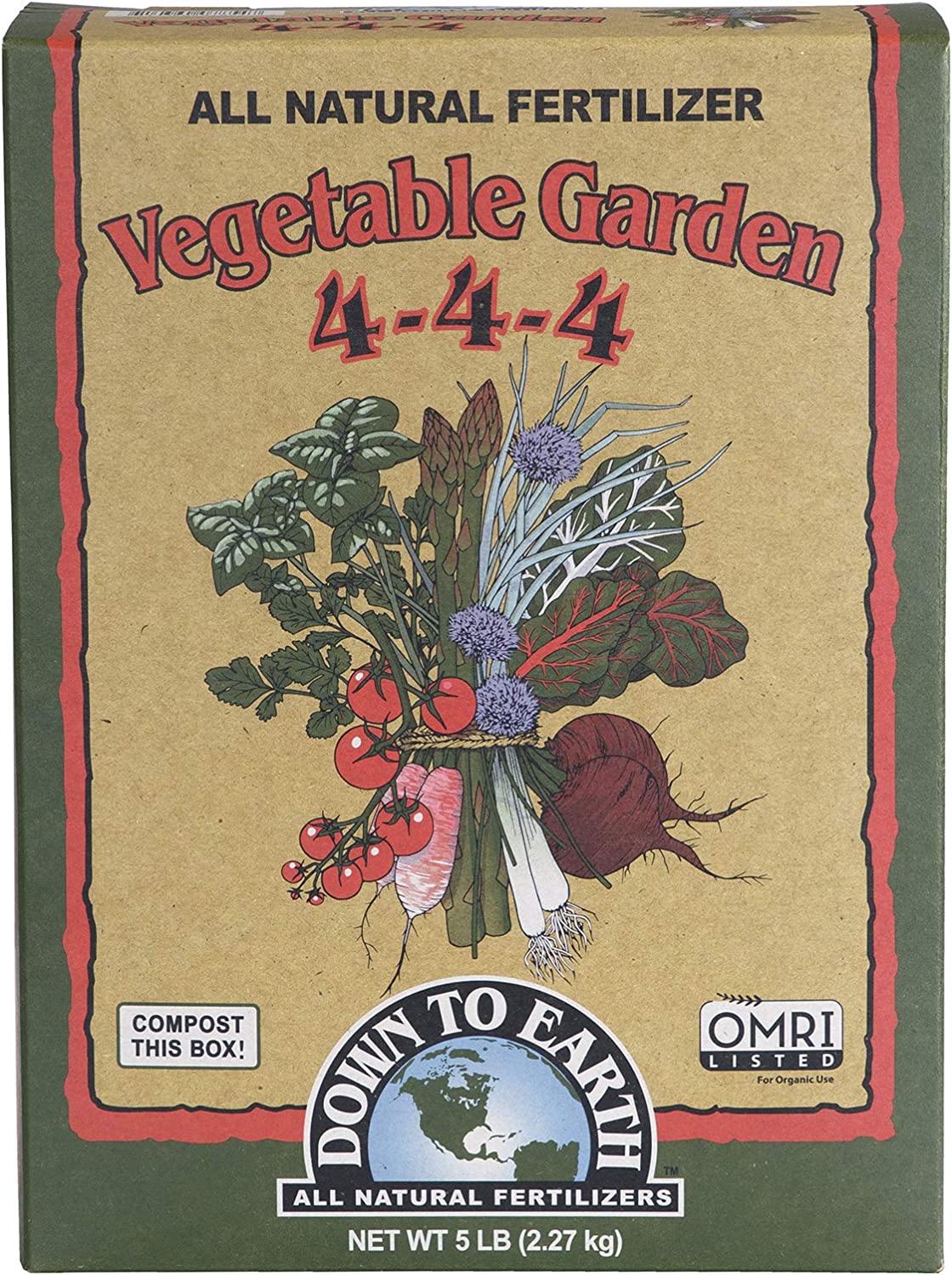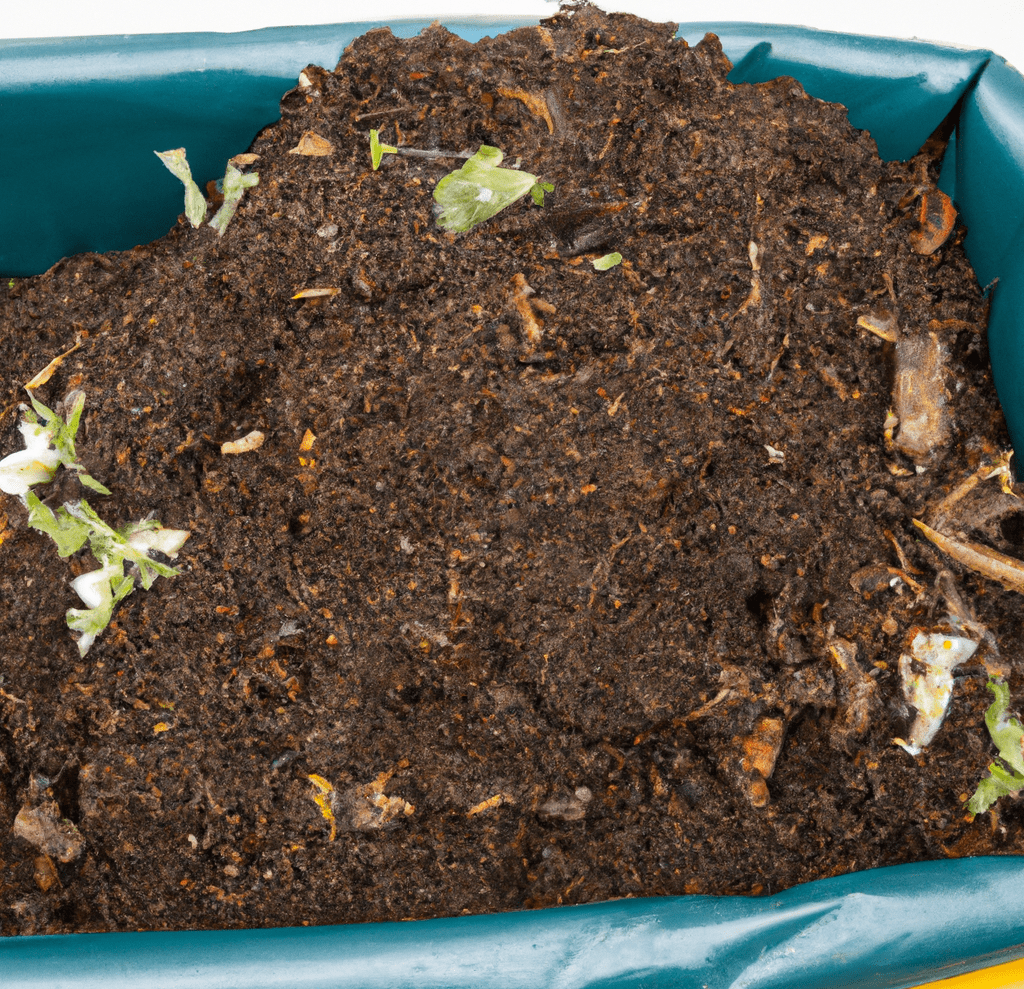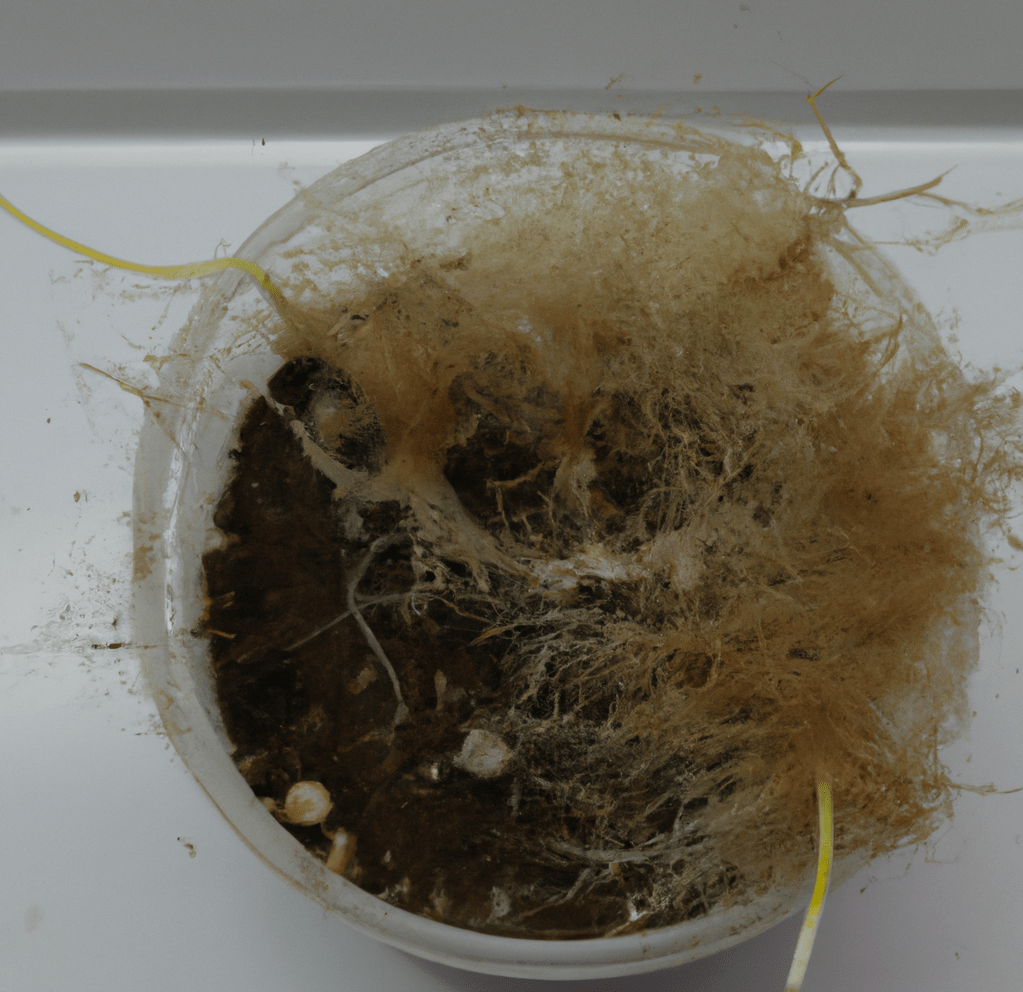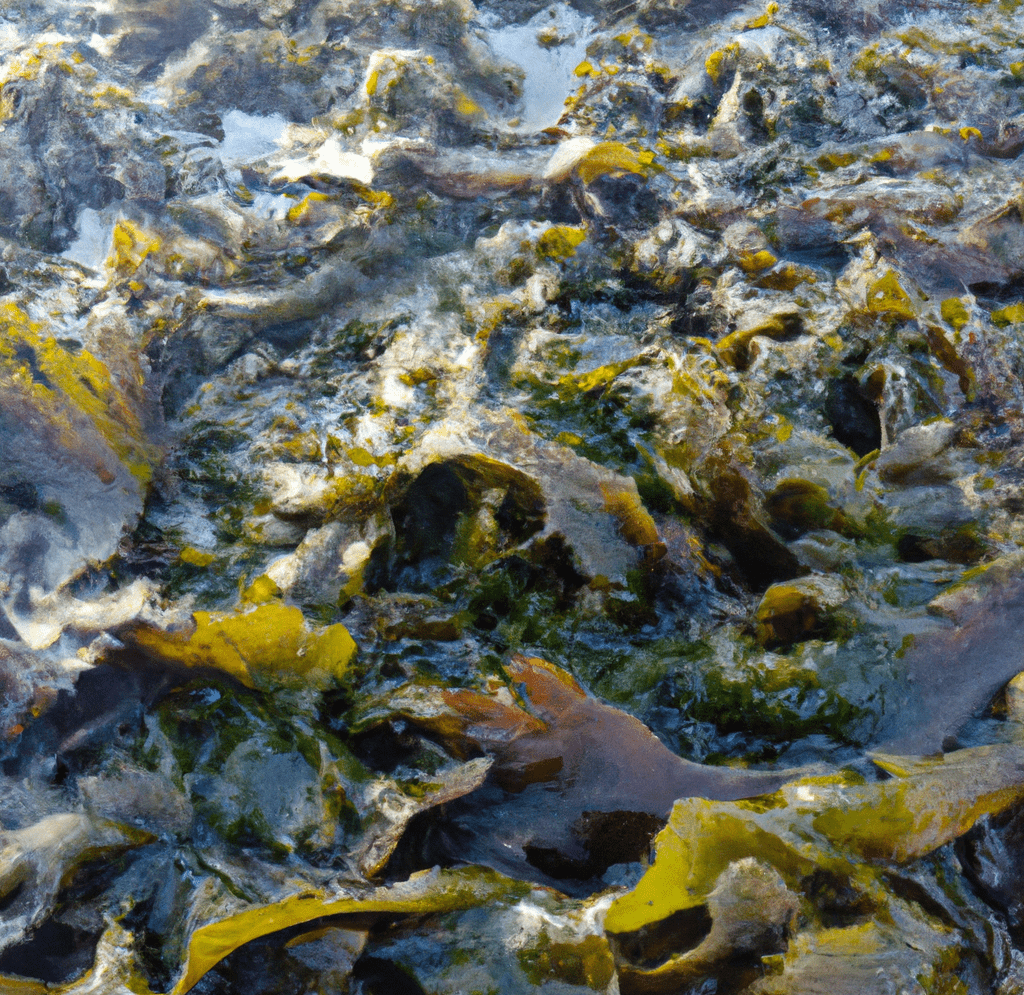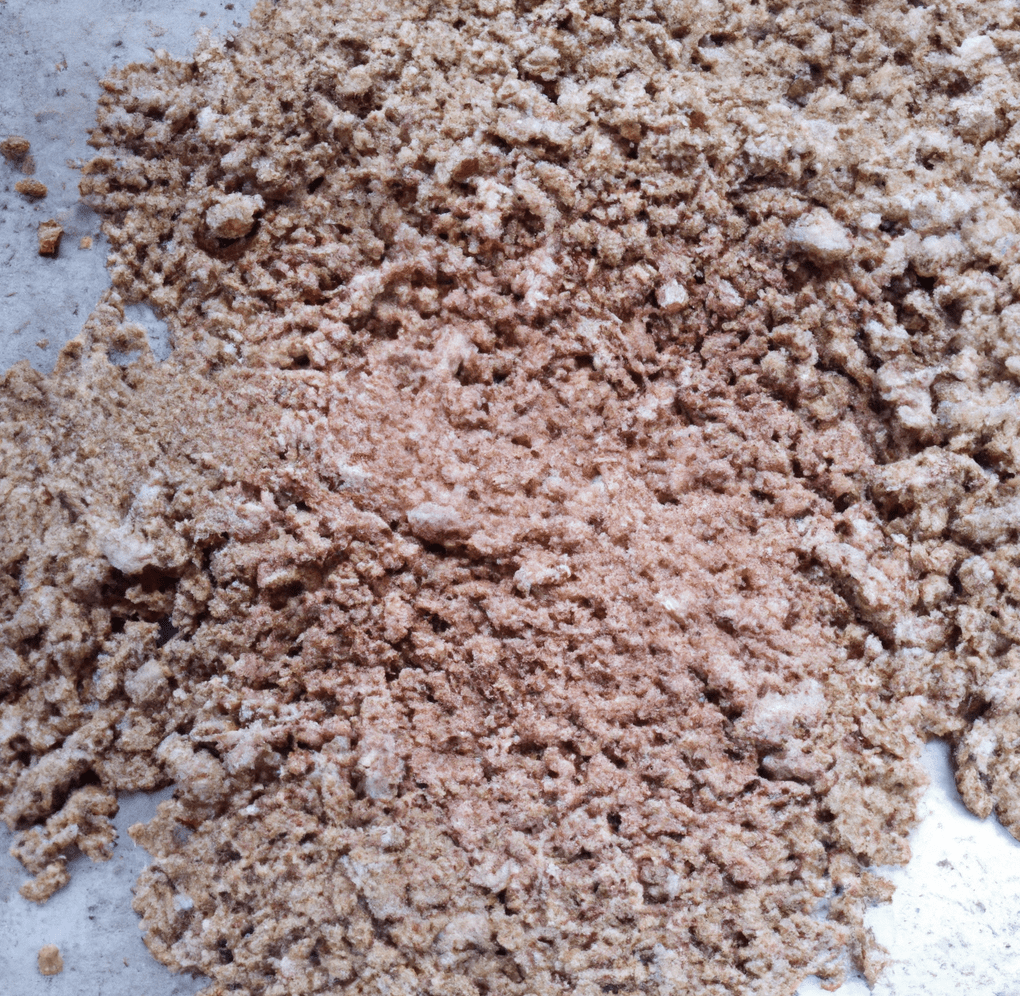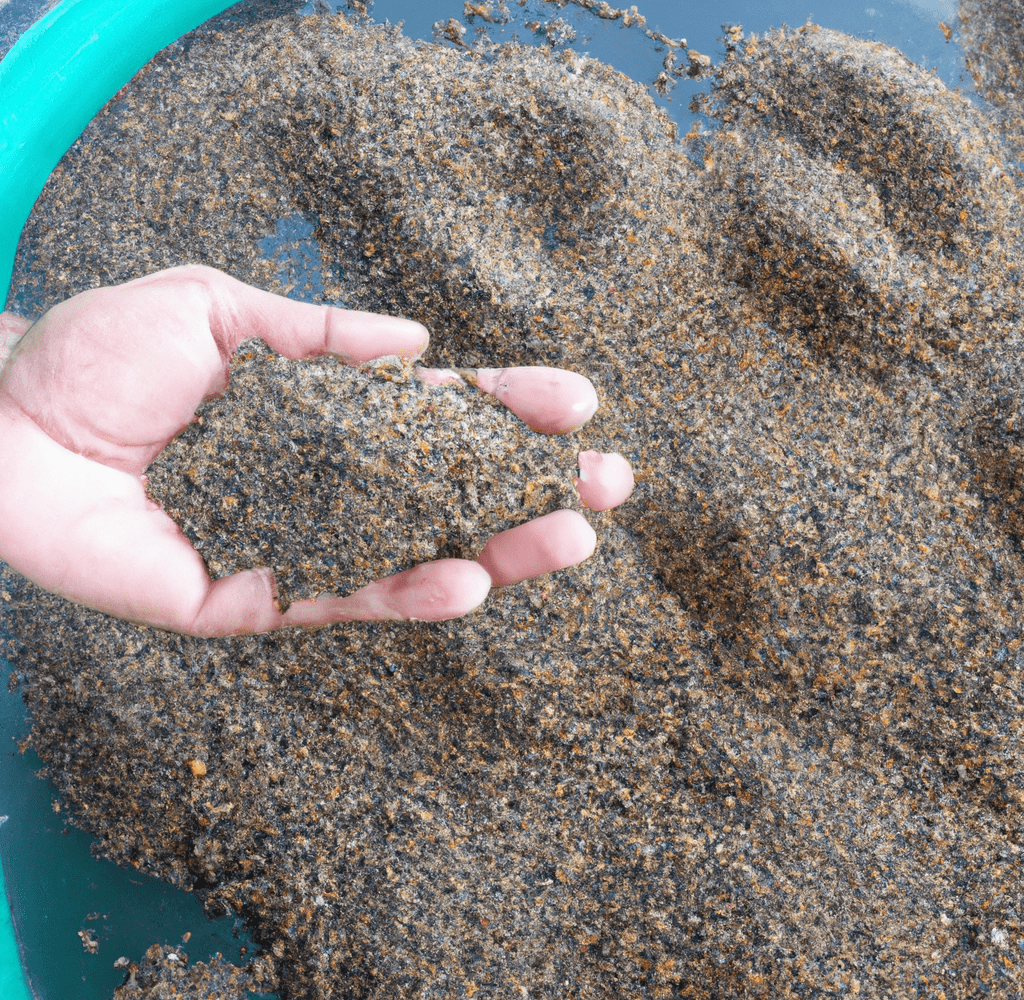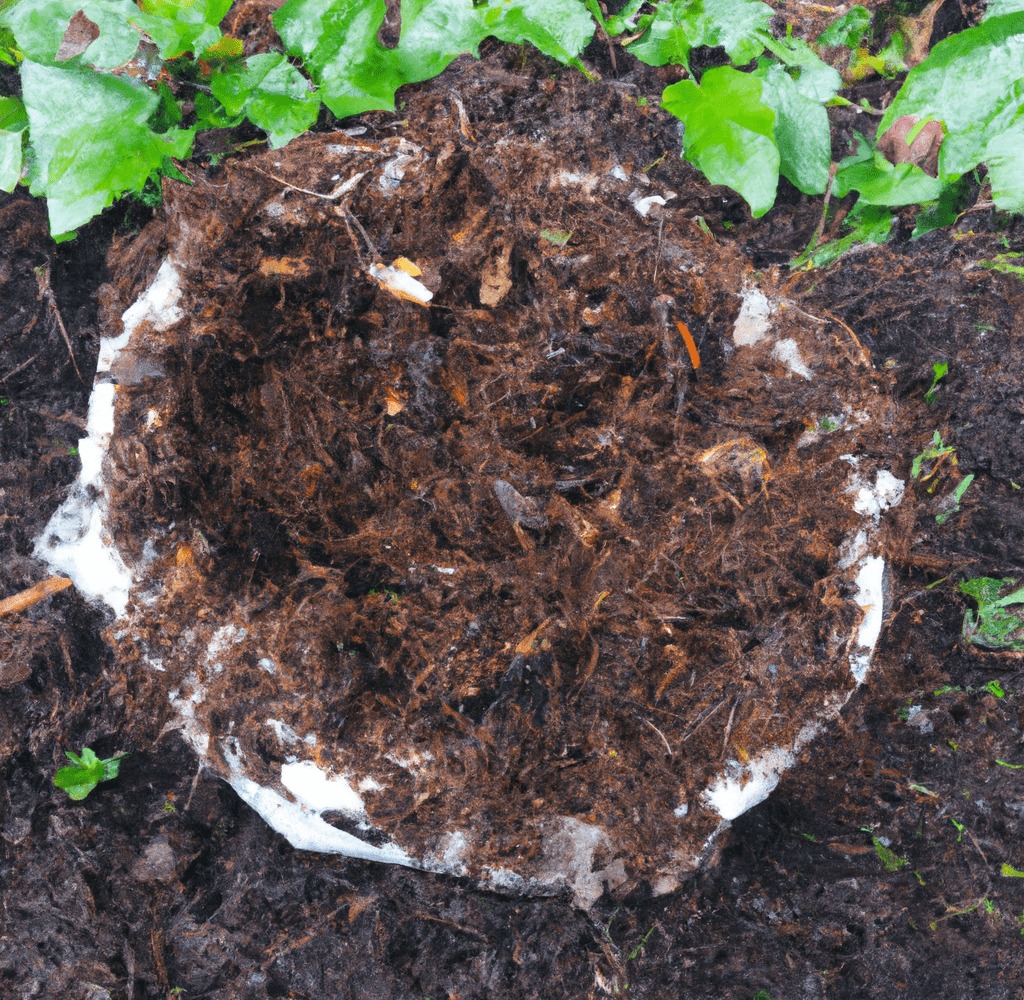Home » Fertilizers » Best Fertilizer For Potatoes
Learning how to grow potatoes is an excellent hobby. This delicious and versatile vegetable requires extra care and particular conditions to grow and thrive. One mistake and you may end up with greenish, moldy potatoes. Thanks to our extensive gardening guides, you can now learn all about the best potato fertilizers.
The ideal temperature to grow potato plants is between 50-70*F. Besides this, growing potatoes requires direct sunlight, as well as well-drained soil. Fertilizing potatoes is also crucial as they require a boost in nutrients and will need to be fertilized 4-5 times throughout the growth period.
At Your House Your Garden, you can also read more about fertilizers including the best summer fertilizers and liquid fertilizers.
Since your potatoes require good fertilization, choosing the right potato fertilizer is a must. With so many options available, it can be hard to narrow down to the best one so we’ve compiled a list of organic fertilizers to help with planting potatoes.
Keep on reading to find out all about the best fertilizers you can use for your garden potatoes and the factors you should consider when picking the right one.
What is the Best Potato Fertilizer N-P-K Ratio
A fertilizer NPK 2% Nitrogen, 2% Phosphorus, and 3% Potassium (2.2.3) is ideal for strong, healthy growth of potato plants. You’ll also need the tools necessary to balance the pH of your soil. Composting your beds will significantly aid in introducing additional protein to help your potato crop yield better.
Nitrogen
All plants depend on nitrogen to survive. Nitrogen is used particularly by potatoes to power photosynthesis. To grow a large and wholesome crop, potato plants need a lot of nitrogen. However, pay attention to when you inject nitrogen to your potato plant as this is key to their development.
Phosphorus
All tubers are extremely receptive to a healthy amount of phosphorus once they start to multiply. It is best to mix phosphorus into the soil while planting because bulbs grow beneath the earth, which makes it difficult to check when they begin to sprout.
Potassium
For a high yield of potatoes, potassium is essential. This macronutrient controls how efficiently other crucial nutrients and carbohydrates are transported from the leaves to the tubers. Additionally, potassium lessens the likelihood of interior blackening throughout development. Potassium also greatly enhances the flavor of your homegrown potatoes.
Top Picks for fertilizer for potatoes
- 1. Best Choice - Southern Ag All Purpose Granular Fertilizer 10-10-10
- 2. Editor's Choice - Miracle-Gro Performance Organics Edibles Plant Nutrition Granules
- 3. Best Overall - Espoma Organic Garden-Tome 3-4-4 Organic Fertilizer
Jump to Section
1. Southern Ag All Purpose Granular Fertilizer 10-10-10
If you are looking for an effective granular fertilizer, then this is one of the best options on the list. It is especially handy when planting new potato plants thanks to its balanced NPK ratio of 10-10-10.
It is easy to sprinkle and spread over to fertilize potato plants and by watering on top, you help the potato fertilizer fuse in with the soil and spread its nutrients down to the root of plants.
A small 5lb bag is ample to help grow a patch of new potato plants as this fertilizer helps in the growth of young plants thanks to its maximum vital macro and macro elements. Though, keep in mind that this isn’t the best option for potted plants.
2. Espoma Organic Garden-Tome 3-4-4 Organic Fertilizer
This Espoma formula is another excellent option for growing potatoes especially if your soil consists of optimal nitrogen levels. It is also versatile and can be used for all varieties of potatoes thanks to its 3-4-4 NPK balance as well as the Bio-tone microbes that help blend in the nutritional contents.
It is an easy formula to work with and it is also slow-releasing which means that you can add it to your soil on a monthly basis during the growing season to ensure that your potato plants are injected with the macro-nutrients necessary for a healthy and balanced growth.
3. Miracle-Gro Performance Organics Edibles Plant Nutrition Granules
If you are a beginner gardener and are looking for a potato fertilizer that is easy and convenient to use and gives the same results as other expensive varieties of potato fertilizers, then look no further than this slow release fertilizer, the Miracle-Gro Performance Organics Edibles.
One of the best organic fertilizers in the market, this ensures that your potato plants are receiving the best root nutrition necessary for a healthy growth. Its organic NPK combined with a good ratio of potassium helps bring in a high yield and better resistance against stress and relief, whilst also improving flavor and texture.
4. Dr. Earth Organic Tomato, Vegetable & Herb Fertilizer
Another excellent option on the organic fertilizer list is this Dr. Earth formula that ensures peace of mind that your potato plants are receiving the best natural fertilizer.
It consists of excellent probiotics, a variety of beneficial fungus, and seven strains of soil microbes that help inject healthy nutrients into the soil. This organic fertilizer for potatoes is also certified by the OMRI (Organic Material Review Institute) and also the CCOF (California Certified Organic Farmers) as being non-GMO.
But, this isn’t all. Its 4-6-3 ratio is not only free of synthetic chemicals and other ingredients, but it is also safe to use around children as well as your pets.
5. Espoma Organic Bone Meal Fertilizer 4-12-0
This Espoma Organic Bone Meal is easily one of the best fertilizer for potatoes in the market. Why, you may ask? It provides the ideal levels of nutrition to your potato roots. Since potatoes are root vegetables, root growth is extremely crucial and this potato fertilizer ensures that your growing potatoes are in their ideal and perfect condition. It is also safe to use for other plants including bulbs and flowering buds.
If you need to increase the acidic levels of your soil, then this fertilizer for potatoes is also packed with calcium and phosphorus levels that slowly release into the soil and work effectively. Although it may take some time, the results will be splendid.
6. SCOTTS MIRACLE GRO 100132 MG Fruit/Flower Food
With an NPK ratio of 10-2-8, this Scotts Miracle Gro fertilizer for potatoes is a top choice for those first few months for your potato plants. Most vegetables that are grown directly in true dirt will have access to better nutrition but those that are growing in containers or raised beds will need some extra help and this potato fertilizer is just the choice for that.
It is also a granular fertilizer so you can sprinkle a cup or half a cup into each sq. ft of the raised bed and then be sure to water your soil so the nutrients can blend in seamlessly. After that, feed your soil a quarter of a cup throughout the growing season. Remember to work the granules into the soil.
7. Fox Farm 6-4-4, 1-Pint FX14092 Grow Big Liquid Concentrate
Looking for excellent liquid fertilizers for your potato plants? This extraordinary Fox Farm liquid fertilizer contains earthworm castings and remnants of Norwegian kelp. Its NPK ratio of 6-4-4 makes it an ideal option to fertilize potato plants during their mid-cycle growth. It is packed with the necessary micronutrients needed to ensure a steady growth of your potato plants.
Simply add 2 teaspoons of it in every gallon of water that you use to hydrate your garden and remember to only apply fertilizer once the new potato plants have settled in and are showing signs of mid-cycle growth.
8. The Old Farmer’s Almanac Organic Tomato & Vegetable Plant Food
This is an OMRI listed plant food that comes with a blend of both slow and quick release nutrients for your potato plants. It is also extremely versatile and is perfect for all stages of your potato growth cycle. It is also a granular fertilizer which can be mixed into compost treated soil which will help with the growth of your potato crops and also improve soil quality.
Additionally, this Farmer’s Almanac does not contain any foul odors and the granular fertilizer can be spread per sq. ft over a span of 7-8 weeks.
9. Easy Peasy Urea Fertilizer – 46-0-0 Plant Food
Sometimes waiting for your fertilizer to show effects on your potato plant growth can be tiresome. For this reason, some gardeners opt for fast-action fertilizers and if you are also in the market for one, we recommend this excellent Easy Peasy Urea plant foot which is easily one of the best potato fertilizer.
It is rich with nitrogen and an NPK ratio of 46-0-0, which makes it ideal to use 1-2 months after your potatoes have been planted. If they have established roots, then this fertilizer should be a top choice as it helps them grow faster.
10. Down to Earth Organic Vegetable Garden Fertilizer
This Down to Earth Organic fertilizer is one of the best fertilizer for potatoes thanks to its powerful equal-ratio NPK of 4-4-4 which is effective as well as gentle on even heavily amended soil. There are no harsh, chemical odors that come from the application of this fertilizer and although it may be more expensive than the other options on this list, it is extremely effective.
To see optimal results, remember to work your compost in the soil first before you feed it this mixture.
Different Varieties of Fertilizers for Your Garden Potatoes
Potato fertilizers come in different varieties. Below are some of the most popular types that you can use to supply food to your young tubers.
Slow Release/Fast-Release Fertilizers for Potato Plants
How quickly you want to see your potato plants sprout depends entirely on your choice of slow or fast-release fertilizer for potatoes. The majority of fast-release potato fertilizers are water-soluble and deliver nutrients right away after application. Which, especially if tubers or seedlings are in less-than-ideal soil, can lead to faster improvement.
On the other hand, slow-release varieties of fertilizers for potato plants provide it with a constant stream of nutrients over a prolonged period of time. It does not flood your plants with large quantities of nutrients all at once which could have disastrous results. It doesn’t require watering to activate. And it is also less likely to seep into any water bodies nearby.
All-Organic Potato Plant Fertilizers
Providing plants with all the vital macro and micronutrients through an organic source means injecting them with only natural foods. Components like cottonseed and bone meal contribute essential proteins while also raising the acidity of the soil when combined with homemade compost.
These additions are especially useful in soil with an excessively high pH. Your soil’s pH will decrease as its acidity increases.
Urea-Based Potato Fertilizers
A typical source of nitrogen used in many fertilizer formulae is urea. Natural urea is regarded as a natural form of fertilizer because it is an animal metabolic waste byproduct. But there are also artificially created varieties that are not considered organic.
In any case, due to its high nitrogen content and low cost, urea has become a frequent ingredient in potato farming. When plants become too big for direct soil feeding, it is still very efficient through foliage absorption, making application simple.
Factors to Consider When Choosing the Best Potato Planting Fertilizers
Many tend to believe that all vegetable fertilizers behave similarly, but this is not true. Different fruit and vegetables require different forms of nutrients and sustenance. A lot of factors influence their performance. Following are a few of the most crucial factors to take into account when selecting the best potato fertilizer for your veggie garden.
Types of Potato Fertilizer
The two main types of potato fertilizers include granular or liquid varieties.
Granular potato fertilizers are usually in the form of small pellets or powder that is rough and coarse to the touch. These release the essential nutrients over a long period of time which is ideal for a balanced food for your potato plants.
Liquid potato fertilizers are fast-action types. These can be absorbed by the roots and foliage quickly and show results just as fast. However, they do need to be replenished quicker than granular fertilizers.
Organic or Inorganic Potato Plant Fertilizers
Organic fertilizers are composed entirely of natural components and are chemical-free. The fact that organic fertilizers continue to improve the soil over time is one of their greatest advantages.
However, the majority of goods on the market are inorganic and make use of potent chemicals that are carefully prepared to provide the optimum soil for growing veggies. Avoid using fertilizers that also include weed killer because doing so could damage your potato plants as they mature.
pH Levels of Soil
Potatoes should be grown in slightly acidic soil with a pH of 4.8 to 6.5. Before you plant, it’s critical to test the pH of your soil to determine whether you need to add fertilizer to raise or lower pH levels. Before planting, horticultural sulfur should be applied to the planting area to quickly drop the pH if it is too high. Choose a manganese-containing fertilizer that will maintain low pH levels throughout the growing season.
Amount of Fertilizer for Potato Plants
Gardeners should apply the appropriate amount of fertilizer based on the size and soil condition of their gardens. Typically, during the course of the plants’ lives, a 1,000 square foot potato garden needs about 25 pounds of fertilizer. This number can be used by gardeners to determine how much fertilizer their particular piece of land needs.
FAQs on Top Fertilizers for Your Garden Potato Plants
Is there a difference between the best fertilizer for potatoes and fertilizer for other vegetables and fruit?
Yes, there is a difference between the best fertilizer for potatoes and fertilizer for other vegetables and fruit. Potato fertilizers have been carefully formulated with nutrients and elements that help in the healthy growth of potato tubers.
Specifically designed potato fertilizers may not always be the best option for other fruit and vegetables but there are varieties of organic potato fertilizer that can be used for other crops.
How much fertilizer should you use for your garden potatoes?
You should use roughly 25 pounds of potato fertilizer to feed 1000 sq. of soil for your garden potatoes.
Can Epsom salt boost your potato plant growth?
Yes, Epsom salt can boost your potato growth. It contains magnesium which helps with steady and healthy growth whilst also improving soil conditions.
Is there a difference between granular potato fertilizer and liquid potato fertilizers?
Yes, there is a difference between granular potato fertilizer and liquid potato fertilizers. Liquid fertilizers contain less sodium content which is why they are better suited for the early growth cycle of your plants.
On the other hand, granular fertilizer contains a lot more salt content and your potato roots will stay away from it, especially if there are ample doses of nitrogen and potassium.

Abigail Clemente
To say that Abigail is passionate about gardening and landscaping would be an understatement. Abigail came to Your House Your Garden team with an already exceptional portfolio as an experienced writer.

Abigail Clemente
To say that Abigail is passionate about gardening and landscaping would be an understatement. Abigail came to Your House Your Garden team with an already exceptional portfolio as an experienced writer.

